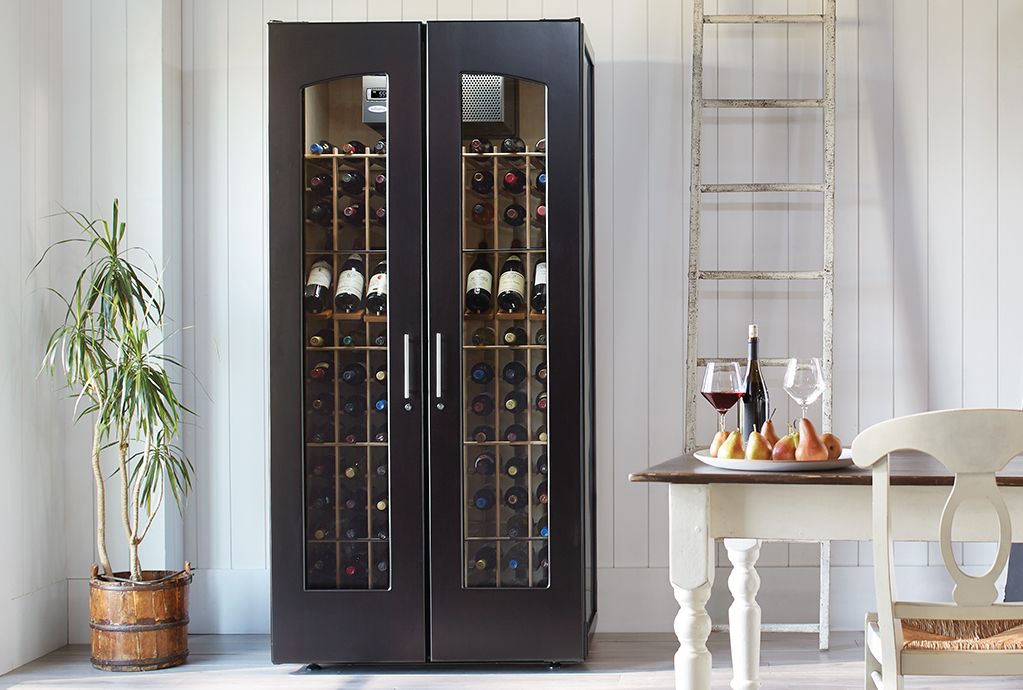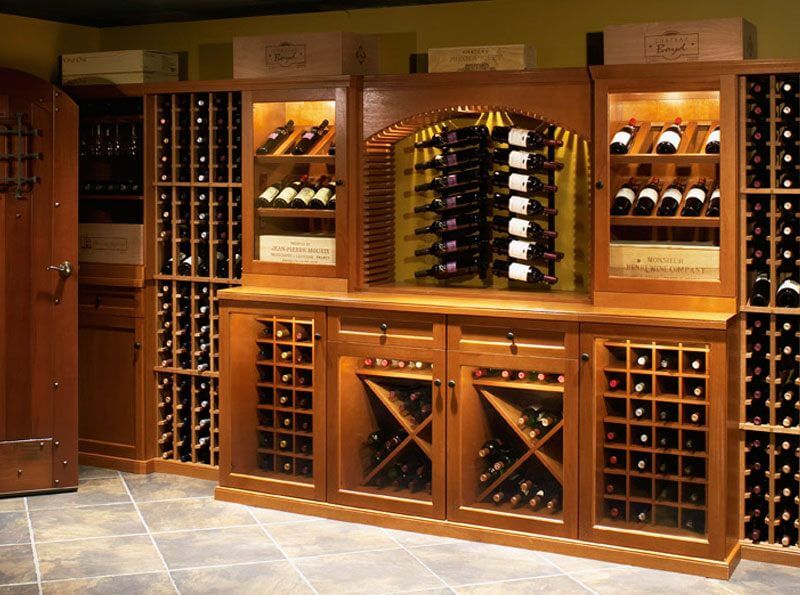Kitchener Wine Cabinets

Kitchener Wine Cabinets, renowned for their exceptional craftsmanship and enduring quality, have become synonymous with the art of wine storage. With a rich history spanning over a century, these cabinets have evolved to meet the ever-changing needs of discerning wine enthusiasts.
A History of Excellence
The origins of Kitchener Wine Cabinets can be traced back to the late 19th century in Kitchener, Ontario, Canada. The company’s founder, a skilled craftsman named John Kitchener, recognized the growing demand for specialized wine storage solutions. He began crafting bespoke cabinets from high-quality hardwoods, meticulously designed to preserve the integrity of precious vintages.
Kitchener’s commitment to quality and innovation quickly gained recognition, and his cabinets became sought after by wine collectors and connoisseurs across the country. The early 20th century witnessed significant advancements in design and construction, with the introduction of features such as temperature control and humidity regulation.
During the post-World War II era, Kitchener Wine Cabinets experienced a surge in popularity as the demand for fine wines grew. The company expanded its operations, introducing a wider range of models to cater to diverse needs. The 1970s and 1980s saw the integration of advanced technology, resulting in sophisticated cabinets with electronic controls and advanced filtration systems.
Evolution of Design and Features
Over the decades, Kitchener Wine Cabinets have undergone a continuous evolution, reflecting advancements in technology and changing consumer preferences. Early models were typically constructed from solid wood, often featuring intricate carvings and ornate finishes.
As technology advanced, so too did the materials and features incorporated into Kitchener Wine Cabinets. The introduction of stainless steel and glass panels allowed for greater durability and aesthetic versatility. Features such as adjustable shelves, integrated lighting, and digital temperature displays became commonplace.
Types of Kitchener Wine Cabinets, Kitchener wine cabinets closed
Kitchener Wine Cabinets are available in a variety of styles and configurations, each designed to meet specific needs and preferences.
Traditional Wine Cabinets
These cabinets, often crafted from solid wood, exude timeless elegance and craftsmanship. They are typically designed for smaller collections and feature a classic, understated aesthetic.
Modern Wine Cabinets
Modern wine cabinets prioritize sleek lines, minimalist designs, and innovative features. They are often constructed from stainless steel, glass, or a combination of both, offering a contemporary look that complements modern kitchens and dining areas.
Thermoelectric Wine Cabinets
Thermoelectric wine cabinets utilize advanced cooling technology to maintain precise temperature control. They are ideal for smaller collections and are often preferred for their quiet operation and energy efficiency.
Compressor Wine Cabinets
Compressor wine cabinets offer superior cooling capacity, making them suitable for larger collections. They typically feature multiple temperature zones, allowing for the storage of different types of wines at their optimal temperatures.
Wine Cellars
For serious collectors, Kitchener offers custom-designed wine cellars that provide the ultimate in wine storage and preservation. These cellars can be integrated into existing spaces or built as standalone structures, offering climate-controlled environments that ensure the longevity of valuable vintages.
Reasons for Kitchener Wine Cabinets Closing

The closure of Kitchener Wine Cabinets, a prominent establishment in the wine industry, is a complex event influenced by a confluence of factors. While the specific reasons behind the closure remain undisclosed, a comprehensive analysis can shed light on the potential contributing factors.
Economic Influences
Economic factors played a significant role in the closure of Kitchener Wine Cabinets. The wine industry is highly susceptible to economic fluctuations, particularly during periods of recession or economic uncertainty. A decline in consumer spending on discretionary items, such as fine wine, can significantly impact a business’s profitability. Additionally, rising operating costs, including rent, utilities, and labor, can erode profit margins.
Impact of the Closure on the Community: Kitchener Wine Cabinets Closed

The closure of Kitchener Wine Cabinets has had a significant impact on the local community, leaving behind a void that goes beyond the loss of a beloved wine retailer. It has sparked conversations about the economic health of the region, the value of local businesses, and the importance of community support.
Economic Implications and Job Losses
The closure of Kitchener Wine Cabinets has resulted in the loss of several jobs, impacting the livelihoods of employees and their families. The ripple effect extends beyond the immediate job losses, as the closure has also reduced the local tax base and diminished spending in the community. The absence of this established business has created a gap in the market, leaving consumers with fewer options for purchasing wine and related products.
“It’s a tough time for everyone,” said Sarah, a former employee of Kitchener Wine Cabinets. “We all worked hard, and we were proud of what we built. It’s a shame to see it go.”
Community Spirit and Loss of a Local Hub
Kitchener Wine Cabinets was more than just a store; it was a gathering place for wine enthusiasts, a hub for community events, and a source of local knowledge. The closure has left a void in the community, diminishing opportunities for social interaction and cultural engagement. The loss of this local hub has also reduced the sense of community spirit and the feeling of belonging that it fostered.
“Kitchener Wine Cabinets was a place where you could always find a friendly face and learn something new about wine,” said John, a longtime customer. “It’s a real loss for the community.”
Kitchener wine cabinets closed – It’s a shame to see Kitchener’s wine cabinets closed, but it’s a great opportunity to explore your own DIY skills! If you’re looking for a way to replace that lost storage, check out these DIY built-in cabinet plans that can help you create a custom solution for your space.
With a little creativity and some handy tools, you can build your own wine cabinet that’s perfect for your needs and style, all while keeping your beloved bottles safe and sound.
It’s a shame to see Kitchener wine cabinets closed, especially for those who appreciate the elegance of a well-stocked cellar. Perhaps the owners are considering a refresh, maybe incorporating the timeless appeal of shaker style cherry cabinets for a touch of warmth and sophistication.
Whatever the reason, we can only hope that the closure is temporary, and the doors will soon swing open again, revealing a treasure trove of fine wines.
